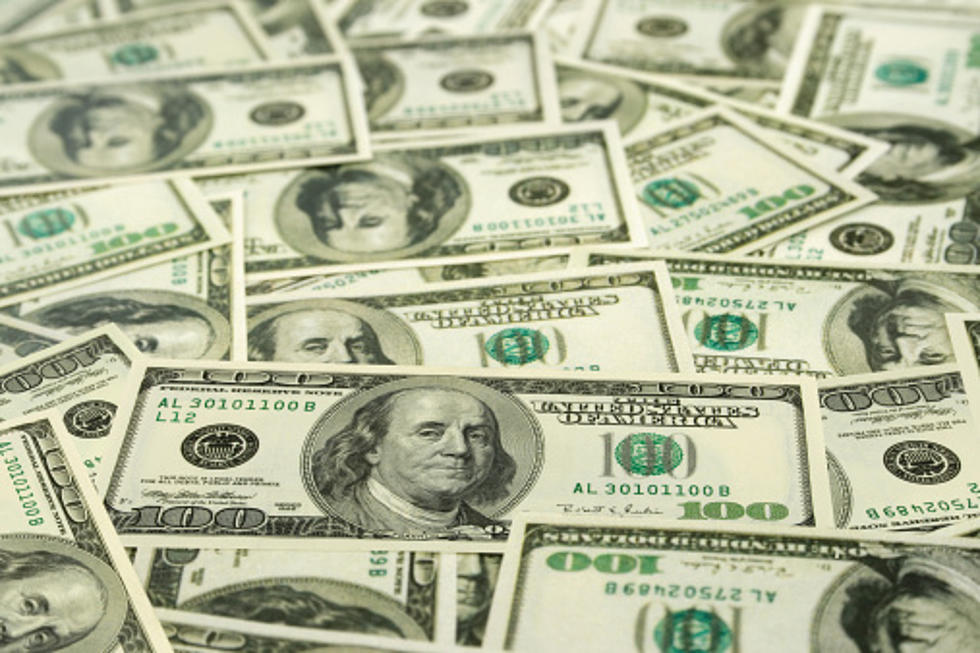
Why you need to keep those receipts for home improvements
— Concerned
A. When you sell a home, you have the opportunity to use the costs of many home improvements to offset the capital gains taxes owed.
First, though, remember that if the home has been your principal residence for at least two of the last five years, you are not liable for capital gains tax on the first $250,000 of gain if you’re single, or $500,000 if you are married and filing a joint tax return, said Steven Gallo, a certified public accountant with U.S. Financial Services in Fairfield.
This may eliminate your capital gain tax concerns, Gallo said.
But if your gain exceeds these exclusions, Gallo said, taxpayers are not required to attach receipts to their tax returns when filing.
“However, they are required to prove the expenditures should the IRS choose to audit your return which occurs on a very small percentage basis,” Gallo said. “If you claim the improvement costs based on your records to the best of your ability and should you be one of the few that is chosen to be audited, you will be given time to produce proof of expenditures.”
This proof can be in the form of receipts, cancelled checks or acknowledgment from the contractors that performed the work, Gallo said.
He said th IRS also has the ability to accept expenditures without documentation if they are deemed in the auditor’s opinion to be reasonable in light of the particular case.
“If you are unable to prove the cost of improvements during an audit, the worst outcome in most cases would be the assessment of the tax that you would have paid had you not taken the deduction in the first place plus interest on the tax due,” Gallo said. “As long as the deductions are within reason, the IRS will in most cases waive penalties.”
Karin Price Mueller writes the Bamboozled column for The Star-Ledger and she’s the founder of NJMoneyHelp.com. Click here to sign up for the NJMoneyHelp.com weekly e-newsletter. Like NJMoneyHelp.com on Facebook and follow it on Twitter.
More From New Jersey 101.5 FM









